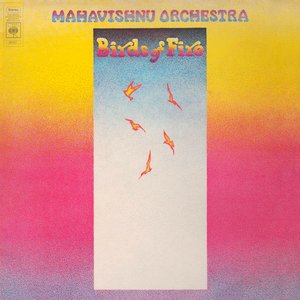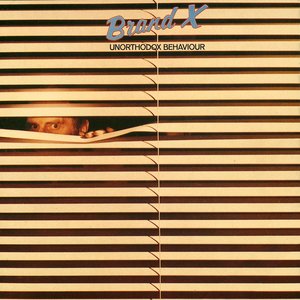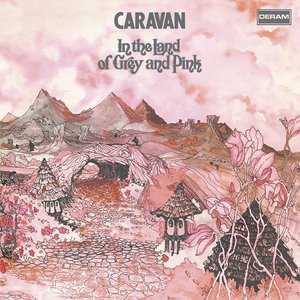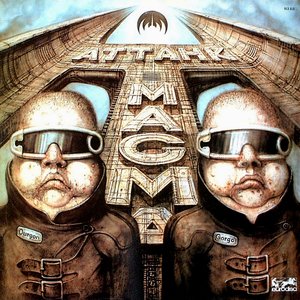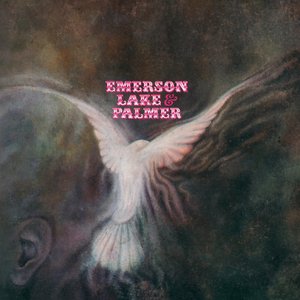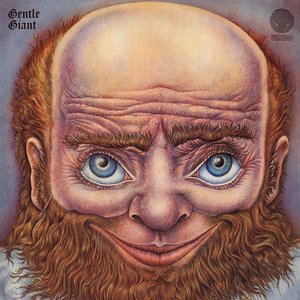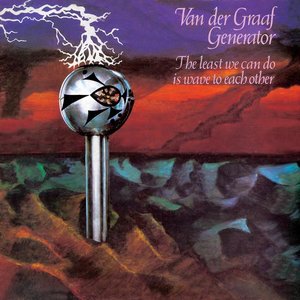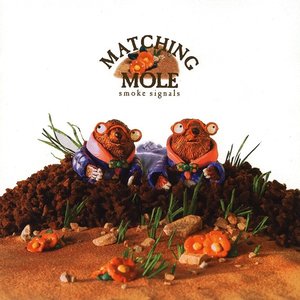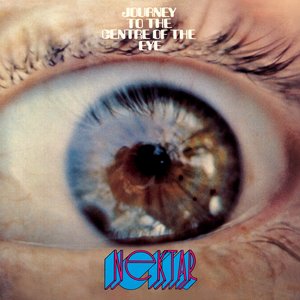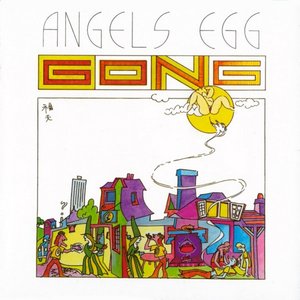Wiki
-
Release Date
1 December 1968
-
Length
13 tracks
The Soft Machine (also titled Volume One as a reissue) is the debut album by the British psychedelic rock band Soft Machine, released in 1968. It is the group's only album to feature Kevin Ayers as a member.
Founded in 1966 by keyboardist Mike Ratledge, drummer/vocalist Robert Wyatt, bassist/vocalist Kevin Ayers and guitarist Daevid Allen, Soft Machine was one of the central bands in the Canterbury scene and had been staples of the London underground, playing the UFO Club with Pink Floyd. After their first single, "Love Makes Sweet Music", in February 1967 failed to chart, they put future releases on hold while they continued to tour. Eventually, they recorded and released this self-titled debut album in New York City during their spring 1968 tour of the USA with The Jimi Hendrix Experience. It was produced by Chas Chandler and Tom Wilson. By the time the album was recorded, the band had been reduced to a three-piece, with Allen having left in August 1967, going on to form the band Gong. After the album was completed, future Police guitarist Andy Summers joined the band, though he left after just two months, returning the band to the three-piece line-up.
The work on this album was one of the essential roots in progressive rock and jazz-fusion. Two of the tracks, "Save Yourself" and "So Boot If At All" (under its original title and lyric "I Should've Known") stem from a series of April 1967 demos. With Allen's departure, Mike Ratledge took over the group's solos on a Lowrey organ, attempting to beef up its sound with a fuzz box and Wah-wah pedal at the suggestion of Hendrix. Musically, the album is a transitional release between more concise, conventional pop music with avant-garde electronics and free-form jazz improvisations, using a scaled-down, keyboard-led trio format similar to The Nice.
The album initially saw release only in the USA and France where it made almost no impact, although retrospective critical appraisals have been largely positive. The original artwork featured a circular die-cut in the sleeve, revealing a rotating wheel card insert with gears through which the band members could be viewed underneath (a similar gimmick would later be tried for Led Zeppelin III). The gatefold and back sleeve also featured the uncensored image of a nude girl's backside.
Album descriptions on Last.fm are editable by everyone. Feel free to contribute!
All user-contributed text on this page is available under the Creative Commons Attribution-ShareAlike License; additional terms may apply.

